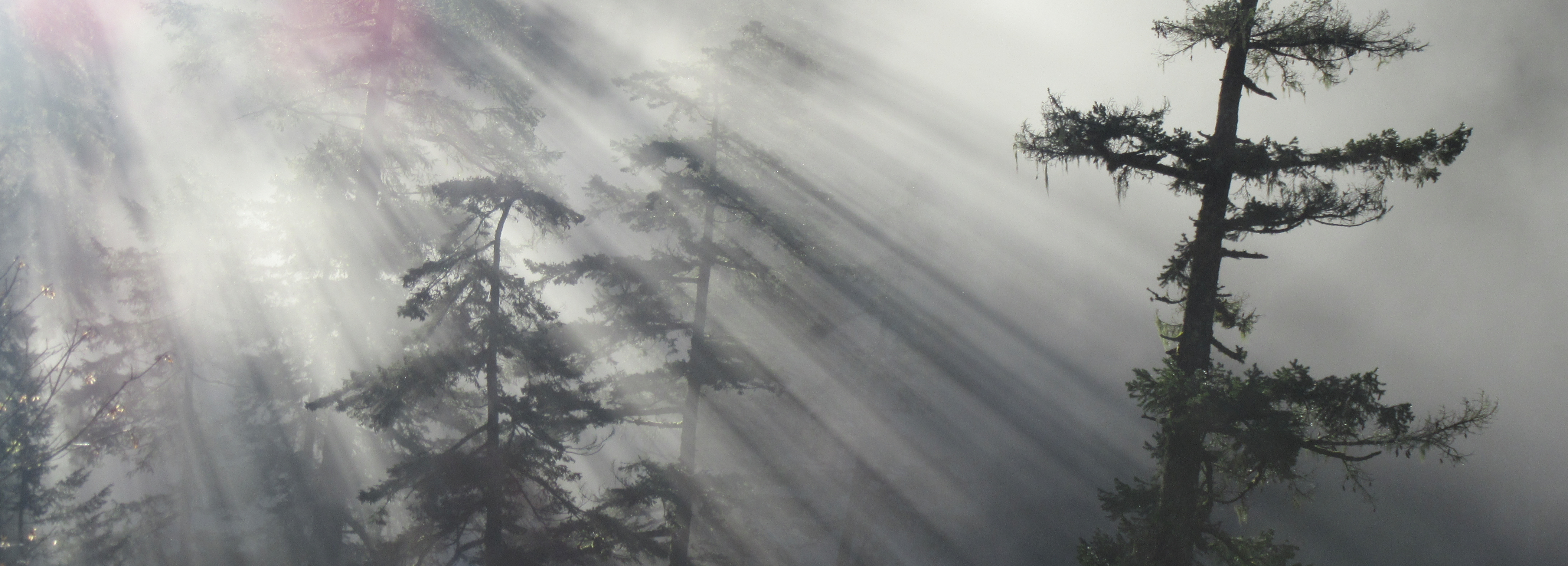Last December, my college-aged daughter was home for winter break when she received a text that led the two of us to drop everything and quickly embark on a 12-hour road trip. The reason? She was notified by the nursing home where she works near her campus that she was eligible to receive a COVID-19 vaccination. We both had busy year-end schedules, but we didn’t hesitate to rush back and ensure she would receive the vaccine that starts moving us past the virus that has altered our world.
Now, with my first vaccine shot received this week, it’s clear the treacherous hold of 2020 and hopeful promises of 2021 continue to both exert a constant pull in our world. More than 500,000 Americans have lost their lives to coronavirus—leaving innumerable parents, children, and communities bereft as numbers continue to climb. Here in the Pacific Northwest, thousands of families still face economic, food, and housing insecurity due to the pandemic and last year's devastating fall wildfires. At the same time, all across the country, the unremitting, unequal harms and pain of institutional racism were widely exposed last year. In Warm Springs, as just one example, the Tribes have not only been confronted with managing a pandemic response, but coping with wildfire impacts, and responding to a continuing water crisis that has prevented safe and consistent access to water.
At home, Friends of the Columbia Gorge got through last year with even more grit and resilience than I could have imagined. We achieved real gains, from ensuring an improved Gorge Management Plan to acquiring a key property at Catherine Creek. But the impacts of 2020 still ripple through, and the social fabric of this organization—woven of personal connections made on trails, at community meetings, in coffee shops, and at public hearings—is frayed and in need of mending. What COVID-19 swept away in months will take years to rebuild.
If the Columbia Gorge has given me anything, it is patience and preparedness for surprises and turns that come our way. Consider the various natural disruptions the Gorge faces yearly—fires, floods, landslides. The Gorge doesn’t go back to “normal” after these events. Waters may recede, forests reborn. But the Gorge is changed, and sometimes strengthened, by these disruptions.
And so it should be with us. That's why we're taking our Annual Meeting virtual this year. In addition to the normal program updates, which I'll be giving an overview of on behalf of the staff, we've invited Se-ah-dom Edmo, the executive director of the MRG Foundation, to join us and deliver the keynote address. As a theme for this year's annual meeting, we were all inspired by the words of Amanda Gorman—a 22-year-old black poet who shares my last name and brilliantly challenged our nation to, "not march back to what was, but move to what shall be."
Se-ah-dom’s ancestors are from Celilo, a fishing village along the Columbia River and one of the oldest known settlements in the West. I've had the opportunity to work closely with Se-ah-dom and the team at the MRG Foundation the past several months on ways to help the people of Warm Springs restore their access to and infrastructure for clean water.
She brings deep experience in community organizing for racial and social justice work across the nation and an immense passion for the Columbia Gorge. She also has worked throughout her career to empower and give voice to others in exploring what could and should be. And I couldn’t be happier that she'll be sharing her insights and time with our community this Sunday.
I look forward to seeing you, if only virtually, at our April 18 Annual Meeting.



